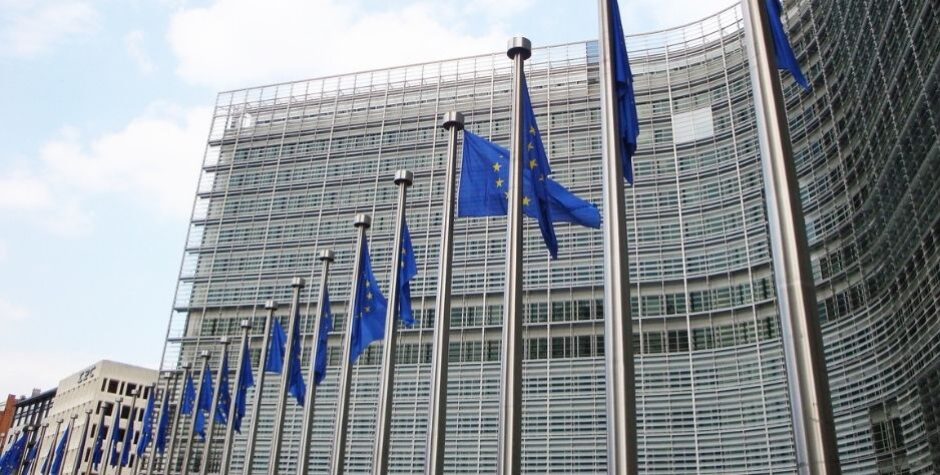

The Fight against Child Sexual Abuse: What Will the European Commission Do?
The Fight against Child Sexual Abuse: What Will the European Commission Do?
The European Centre for Law and Justice (ECLJ) has just sent the European Commission a written contribution against the exposure of children to online pornography. The ECLJ has responded to the Commission's call for contributions concerning the revision of European Union rules on combating the sexual exploitation and abuse of children. This contribution is important because the Commission wants to revise Directive 2011/93 on this subject: this is the text that lays down the minimum standards in criminal law for such crimes (cf. its proposal for a directive).
ECLJ has drawn the European Commission's attention to the need to combat children's exposure to online pornography. It is not a question of underestimating or in any way downplaying the abhorrent sexual abuse of all kinds committed against children, but precisely of recognizing all its forms. The exposure of a child to online pornography, particularly when this exposure is unwanted, is already a form of sexual abuse. It falls within the definition of sexual abuse. Moreover, like any form of sexual abuse, it causes serious psychological, physical and behavioral damage. It constitutes a violation of children's rights. The fight against children's exposure to pornography therefore has its rightful place in European texts on child sexual abuse.
ECLJ also recommends that the Commission make the technology sector more responsible for preventing children's access to online pornography as much as possible. In particular, it is necessary to criminalize the fact of leaving this type of content available online to children, i.e. in conditions in which they may be led to view it, in the absence of an effective mechanism to prevent them from accessing it. It is correspondingly necessary to lay down obligations for online service providers in order to prevent such exposure, including the implementation of effective age verification.
Such provisions to combat the exposure of children to online pornography are in line with the aims of the proposed directive, which they complement in order to combat all forms of sexual abuse of children. They also ensure consistency and coordination between online and offline domains, even though showing a child pornographic content, or even simply leaving it within his or her reach, is punishable in the real world (see e.g. article 227-24 of the French Penal Code). It is also important to prevent other types of sexual abuse of children, since children's exposure to online pornography is also one of the causes of a multitude of sexual abuses of children by other children.
ECLJ's recommendations also help to ensure the coherence of European policies, particularly in light of the European Commission's December 2023 decision including three major pornographic sites on the list of “very large online platforms” under the Digital Services Regulation. ECLJ had denounced the absence of these platforms, which the Commission finally included. To be considered a very large online platform implies a number of additional legal obligations. The current proposal for a directive is designed precisely to complete the legal framework provided by this text. While ECLJ welcomes the direction of the Commission's policy against child sexual abuse, the measures remain largely insufficient to effectively protect children online from pornography. The revision of the European rules on combating the sexual abuse and exploitation of children provides the Commission with an opportunity to make good on this promise.












